Top 10 most-read music education blogs of 2021
Top Ten Most-Accessed NAfME “Music in a Minuet” Blogs from 2021
2021 has been a year of innovation, new ideas, and enthusiastic advocacy for the critical importance of music education for students. Music educators have leaned in to emphasizing the social-emotional benefits of music education during the continued challenges the pandemic has brought. As we begin a new year, we wish you and your students health and renewed joy in music-making in the year ahead.
To highlight last year’s blogs from fellow music educators, we’re looking back and sharing the Top Ten Most-Accessed NAfME “Music in a Minuet” Blogs from 2021. NAfME members shared best practices and new ideas, with a keen focus on student needs and how music education is uniquely positioned to meet them and help students become leaders of the future. The number 1 most-read blog has had nearly 8,000 visits to-date.
Did your favorite blog make the list?
Number 10: “Active Thinking, Not Just Active Doing, in the Ensemble Classroom”
By NAfME Member Brian N. Weidner
Band, choir, and orchestra classrooms easily become spaces where students are physically active but mentally asleep. When the conductor steps on the podium, the students often cede all responsibility for thinking and fall into the lull of following the directions that are given to them. Fortunately, if we are intentional about our actions, ensemble teachers can easily create collaborative ensembles where active student thinking is encouraged and even required. Read more
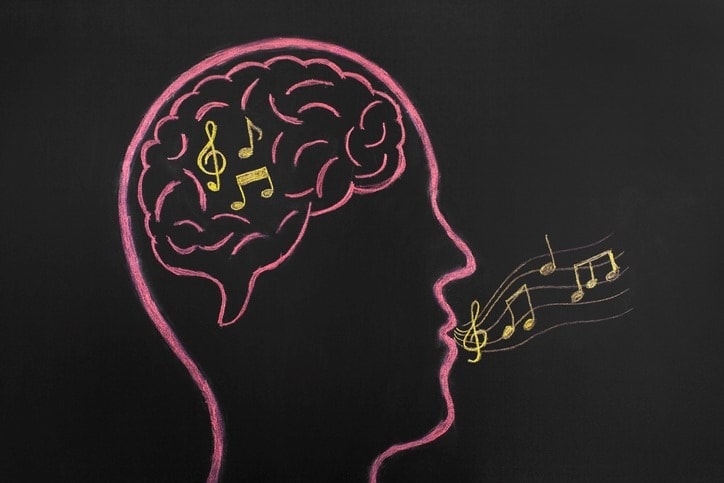
iStockphoto.com | eli_asenova

Number 9: “Model Code of Ethics for Educators”
By NAfME Member Paul K. Fox
Although pre- and in-service training on both are essential, the differences between a “code of conduct” and a “code of ethics” are vast. Codes of conduct like the Code of Professional Practice and Conduct for Pennsylvania teachers are specific mandates and prohibitions that govern educator actions. A code of ethics is a set of principles that guide professional decision making, not necessarily issues of “right or wrong” (more shades of grey) nor defined in exact terms of law or policies. Codes of ethics are more open-ended, a selection of possible choices, usually dependent on the context or circumstances of the situation. Read more

iStockphoto.com | PeopleImages

Number 8: “HBCUs: The Hidden Gem in Music Education”
By Johnathan M. Hamiel, President-Elect of North Carolina Music Educators Association
In my personal experience, I feel that HBCUs are the hidden gems in the world of music and education. HBCUs instill many qualities and skills that will equip an aspiring music student with the tools needed to be successful as a music educator. HBCUs foster a sense of pride and confidence in their students, as well as a feeling of self-worth and musical excellence by musicians and professors who share similar backgrounds, experiences, and socioeconomic statuses as the students they serve. Many are familiar with the grossly misconceived notion that HBCU students may not be musically proficient, professional, or have mastered the content knowledge of education and musical pedagogy. In fact, my professors were among the best educators, performers, and professionals in the field of music education and have won numerous awards for excellence in the classroom, on the stage, and in administration. Read more

Photo: Edgar Chaparro

Number 7: “Music In Our Schools Month® 2021: ‘Sound of My Heart’ Song Bracket”
By NAfME Member Elizabeth Caldwell
This year the Music In Our Schools Month® (MIOSM®) theme is “Music: The Sound of My Heart.” Although I’ve been celebrating MIOSM in some form or fashion since my first year of teaching, this year is going to be different because of the pandemic as well—our district is in a hybrid model, with some students in person and some participating live online, so not everything I’ve done in the past will work. One of the things I’ll definitely be doing is another song bracket! Here are my plans to make it work (and also tie in this year’s theme). Read more
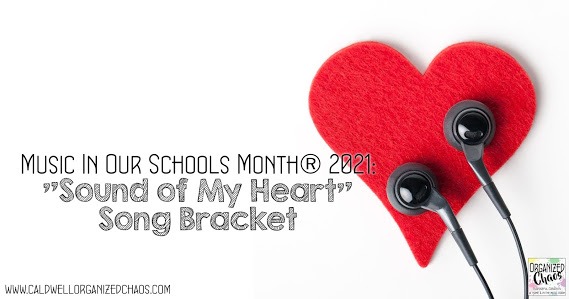

Number 6: “Lessons Learned from the Space Shuttle Challenger’s Explosion”
By NAfME Member Lori Schwartz Reichl
The explosion of the Challenger is a prime example of leadership not heeding the concerns of its employees. The pandemic has caused all professions to pivot without notice and to do so with positivity, productivity, and promise. Employees are exhausted. If working remotely, they are having difficulty separating work and home life. If working in their routine setting, they have adapted to time-consuming, but necessary safety protocols. Regardless of their profession, setting, skill, and need—everyone has adapted. However, each profession, organization, and institution, continues to make adaptations at its own pace. This pace should be meticulous, methodical, and motivating, especially when the return from remote to routine involves various stakeholders. Read more
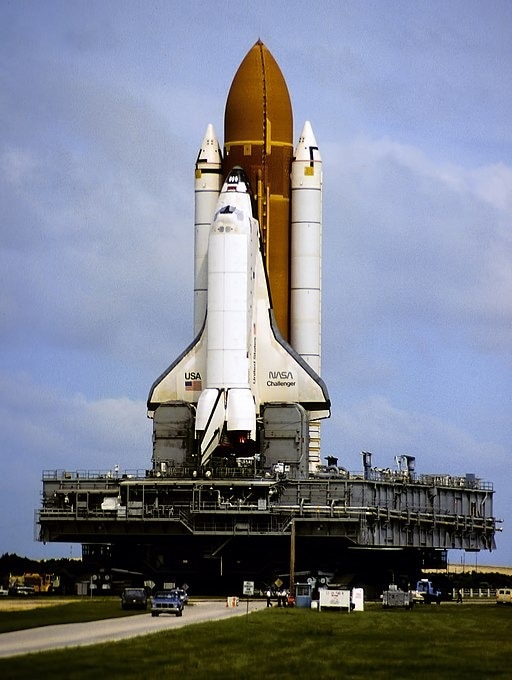
Space shuttle Challenger being moved to the launch pad on the crawler in September 1985 preparing for STS-61-A, its next-to-last flight. Acroterion, CC BY-SA 3.0, via Wikimedia Commons

Number 5: “Now Is the Time! Music Education ‘Challenges’ Core Curricula for First Chair”
By NAfME Members Lori Schwartz Reichl and Andrew B. Spang
But, rather than be content to be seated at the table, perhaps now is the time to consider challenging for first chair within educational practices. Might we be at the dawn of a new educational era—a new societal appreciation, and a modern reorganization and reprioritizing of educational outcomes? Could music be at the forefront of meeting these new priorities? Should music win the seat “challenge” and become first chair leading all other curricula?! Read more
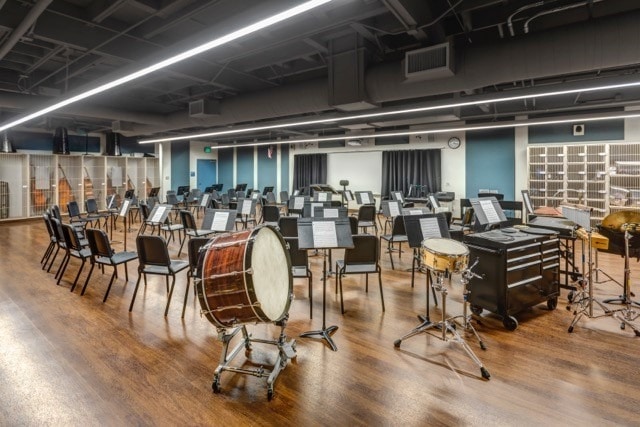
School: Rancho San Joaquin Middle School, IUSD
Architect: StudioWC Architecture and Engineering, Encinitas, CA
Photographer: RMA Photography, Tustin, CA

Number 4: “Understanding and Teaching Students with Autism in Music Education Settings”
By NAfME Member Amalia Allan
Before and while planning lessons, it is important to keep in touch with and learn from your school community. This includes (but is not limited to) the special education teacher(s), paraprofessionals/aids, parent(s)/guardian(s), general education teacher(s), principal, and school counselor. With their different experiences and training, these people can provide unique perspectives on students, information about the children’s strengths and needs, and suggestions for how to work with individual students. Read more
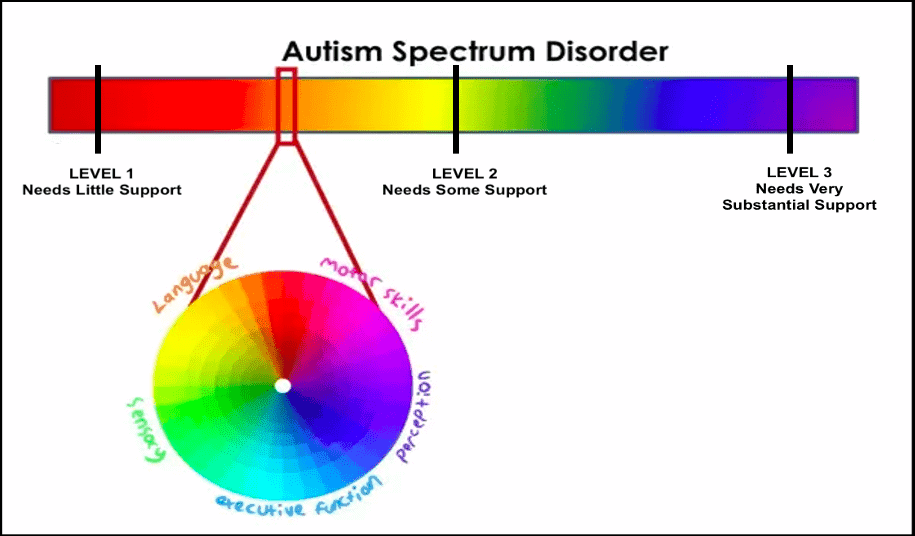

Number 3: “What Was the Best Thing You Ever Learned from a Student?”
Teaching Music, August 2021
The components of a successful music education program have been reformed (accolades, awards, festivals, etc.). COVID-19 forced the music education community to question: “What is our true purpose?” While we will feel the effects of COVID-19 forever, we will come out of this as better music educators.
The most important thing I’ve learned from students during the pandemic is that an interested mind is an invested mind. Never underestimate the resilience of a young mind. Read more
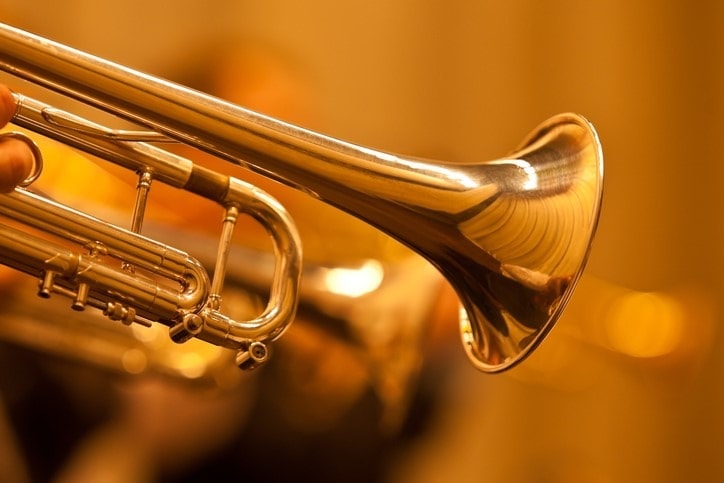
iStockphoto.com | Furtseff

Number 2: “Bomba: The Sound of Puerto Rico’s African Heritage”
By NAfME Member Vimari Colón-León
Bomba is an emblematic Puerto Rican musical genre that emerged 400 years ago from the colonial plantations where West African enslaved people and their descendants worked. It remains one of the most popular forms of folk music on the island and serves as significant evidence of its rich African heritage. This article explores the main components of bomba by making them more accessible to those that have not experienced it from an insider’s perspective. The material presented in this article provides a learning sequence that could take the form of several lessons, or even a curricular unit. Transcriptions of rhythms typically learned aurally are also included. Read more
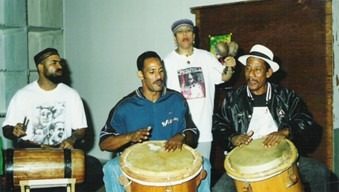
Figure 1. Bomba Instruments. Note. From left to right: (a) cuá (stick drum); (b) buleador/segundo (large drum); (c) maraca; (d) subidor/primo (high-pitched drum).

Number 1: “Dr. Miguel Cardona: ‘We Are Underestimating the Power of Music and the Arts’”
By Carla Kalogeridis
Music is a way for students to find themselves and learn critical thinking skills. Often, the systems we have set up are geared toward some academic areas more than others. Sometimes music and the arts are not looked at as part of the primary experience that students should have—it is thought of as an ancillary experience. But music and the arts are a very big part of the education experience for me. In fact, music probably does more to develop critical thinking skills and analytical thinking and improvisation more than many of the other topics we spend time on in school. For me it’s an integral part and one of the best ways we can nurture the natural talent that students have, which might have not been exposed or realized yet. Read more
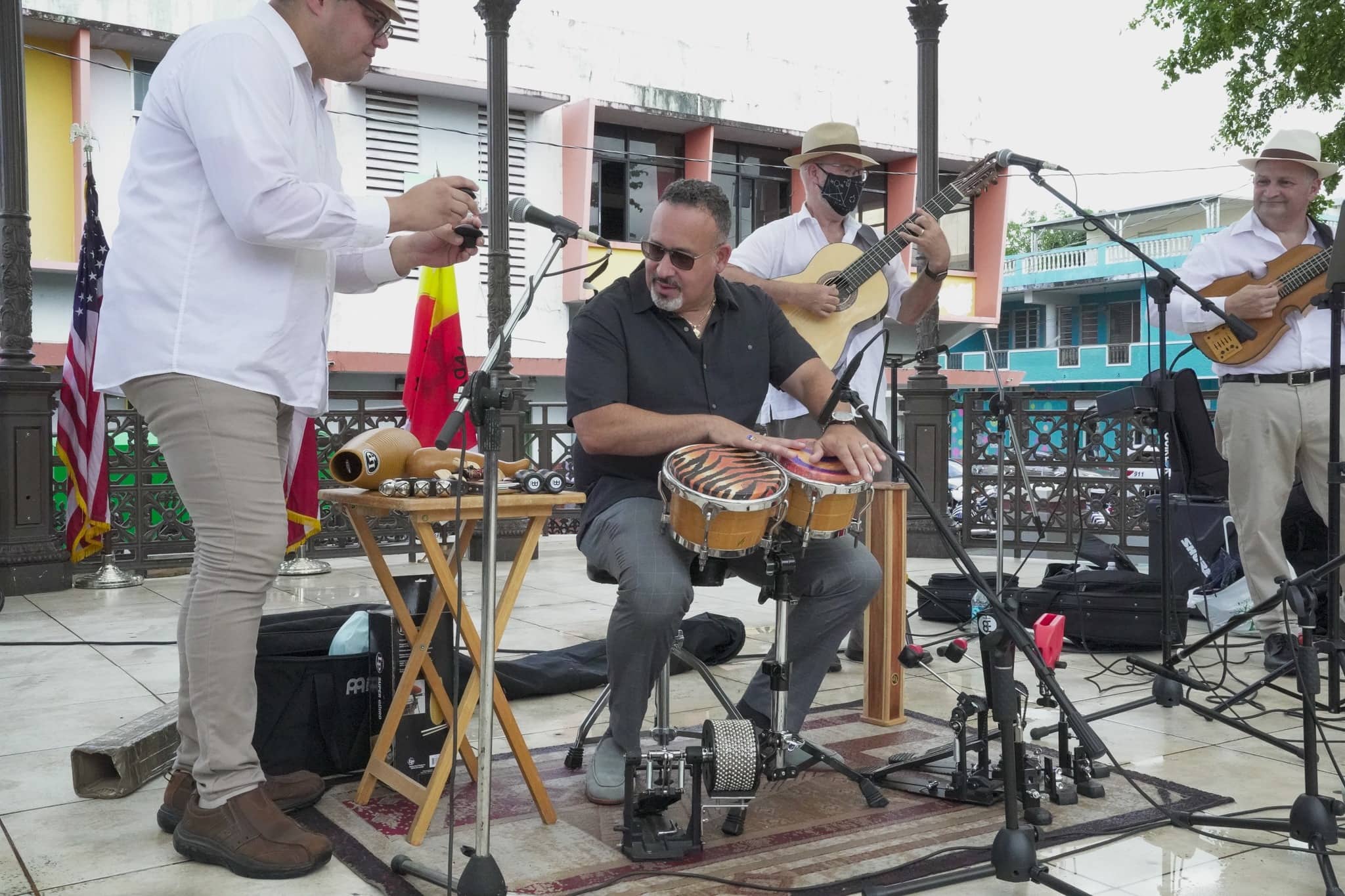
Photo courtesy of the US Department of Education
Kεντρική φωτό: iStockphoto.com | eli_asenova
Via https://nafme.org/
